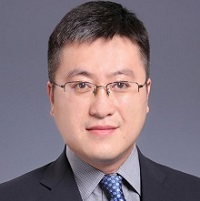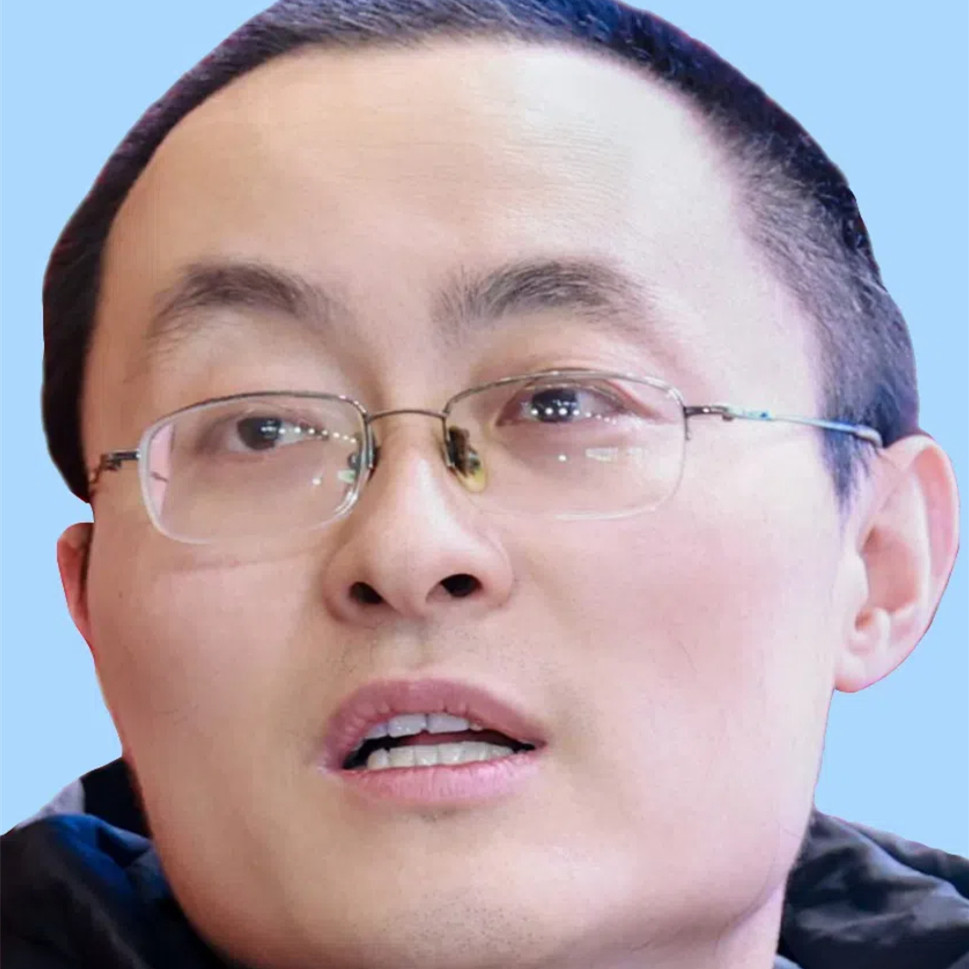|
Biography 
Prof. Feifei Gao |
| Feifei Gao (Fellow, IEEE) received the B.Eng. degree from Xi’an Jiaotong University, Xi’an, China, in 2002, the M.Sc. degree from McMaster University, Hamilton, ON, Canada, in 2004, and the Ph.D. degree from the National University of Singapore, Singapore, in 2007. Since 2011, he has been with the Department of Automation, Tsinghua University, Beijing, China, where he is currently a tenured Full Professor. He has authored/co-authored more than 150 refereed IEEE journal articles and more than 150 IEEE conference proceeding papers that are cited more than 12400 times in Google Scholar. His research interests include signal processing for communications, array signal processing, convex optimizations, and artificial intelligence-assisted communications. He also served as the Symposium Co-Chair for the 2019 IEEE Conference on Communications (ICC), the 2018 IEEE Vehicular Technology Conference Spring (VTC), the 2015 IEEE Conference on Communications (ICC), the 2014 IEEE Global Communications Conference (GLOBECOM), and the 2014 IEEE Vehicular Technology Conference Fall (VTC), and a technical committee member for more than 50 IEEE conferences. He served as an Editor for IEEE Transactions on Wireless Communications, the Lead Guest Editor for the IEEE Journal of Selected Topics in Signal Processing, and a Senior Editor for IEEE Transactions on Cognitive Communications and Networking, IEEE Signal Processing Letters, IEEE Communications Letters, IEEE Wireless Communications Letters, and China Communications. |
|
Biography 
Prof. Yudong Zhang |
| Professor Yudong Zhang, chief professor at Southeast University, is a national high-level talent. His research interests include artificial intelligence, deep learning, and medical image processing. He is a fellow of IET/ EAI/ BCS, a senior member of IEEE and ACM, and an ACM distinguished speaker. He was recognized as a highly cited researcher by Clarivate Analytics from 2019 to 2024 and was among the top 2% of scientists in the world according to Stanford University from 2020 to 2023. He received the Emerald Citation of Excellence award in 2017 and the Best Paper Award at the Information Fusion in 2022, among others. Three of his papers were included in the UK's Research Excellence Framework 2021. |
|
Biography 
Prof. Yoshinori Dobashi |
| Yoshinori Dobashi is a Professor at Hokkaido University, Japan. His research interests center on computer graphics, including realistic image synthesis, ecient rendering, and sound modeling for virtual reality applications. He received his BE, ME and PhD in Engineering in 1992, 1994, and 1997, respectively, from Hiroshima University. He worked at Hiroshima City University from 1997 to 2000 as a research associate. |
|
Biography 
Prof. Nannan Wang |
| Nannan Wang is a Professor and doctoral supervisor at Xidian University. He serves as the Associate Director of the State Key Laboratory of Integrated Services Networks. His recent research focuses on cross-domain image reconstruction and credible identity authentication, specifically including cross-domain image reconstruction (such as image translation, image synthesis and image restoration, etc.), object identification (such as face recognition, behavior recognition and person re-identification), and trustworthy machine learning (such as adversarial attacks and defenses with noisy samples and robust learning with noisy labels). He has over 200 publications in prominent international journals such as IEEE TPAMI, IJCV and conferences such as CVPR, ICCV, ICML, NeurIPS, etc. He has granted over 30 national invention patents, 7 of which have achieved patent technology transfer. He has three software copyright. His received several awards including the First Prize of Natural Science of Ministry of Education, the First Prize of Science and Technology of Shaanxi Province, the Second Prize of the Natural Science of Chinese Society of Image and Graphics, the Excellent Doctoral Dissertation of Chinese Association for Artificial Intelligence and the Excellent Doctoral Dissertation Award of Shaanxi Province, etc. He has led various research projects including the National Science Fund for Excellent Young Scholars of China, the Joint Funds Key Program, the General Program, the Youth Scientists Fund of the National Natural Science Foundation of China, as well as the sub-projects under the National Key Research and Development Program of China and the Joint Funds of Ministry of Education of China, etc. He served as Associate-Editor-in-Chief of the international journal "Visual Computer" and editor board member of “Neural Network". |
